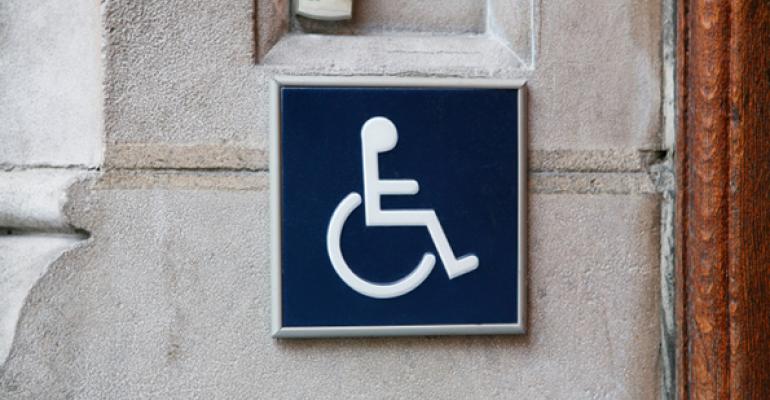By Shannon Laymon-Pecoraro
In December 2014, the Achieving a Better Life Experience Act (ABLE) was signed into law, allowing persons with a disability onset prior to age 26 to establish tax-advantaged savings accounts. ABLE was designed to promote the health, independence and quality of life of individuals with disabilities by allowing families to fund an account through which such an individual can secure funding for disability-related expenses. As with a special needs trust, the individual with the disability will have a beneficial interest, and the purpose is to supplement and not supplant other benefits. A qualified disability expense is defined as “any expenses related to the eligible individual’s blindness or disability which are made for the benefit of an eligible individual who is the designated beneficiary, including the following expenses: education, housing, transportation, employment training and support, assistive technology and personal support services, health, prevention and wellness, financial management and administrative services, legal fees, expenses for oversight and monitoring, funeral and burial expenses, and other expenses, which are approved by the Secretary.” While the treatment of ABLE accounts for the Social Security and Medicaid programs was established with the promulgation of ABLE, other means-tested benefits programs needed to clarify how they would treat ABLE accounts.
HUD Eligibility
Many people with disabilities rely on assistance received through the U.S. Department of Housing and Urban Development (HUD) for housing. This assistance is most frequently received through public housing or rental assistance programs. As a general rule, eligibility is based on annual gross income, with established income limits based on area and family size. The individual receiving housing assistance will be responsible for rent, which is set at the highest of 30% of the monthly adjusted income, 10% of monthly gross income, welfare rent or a $25 to $50 minimum rent set by HUD. In calculating a household’s income, HUD will impute income to assets at the higher of actual income or calculated income from the asset based on the passbook savings rate, which is currently .06%.
HUD Treatment of ABLE Accounts
HUD recently released guidance for the treatment of ABLE accounts for HUD assistance programs, clarifying that HUD will disregard amounts held in ABLE accounts. In doing so, HUD states that under ABLE legislation, the account balance is specifically disregarded when determining an individual’s eligibility for federal means-tested programs and that ABLE exclusion applies to HUD programs in determining a family’s income. As a result, the balance of an ABLE account will be excluded in the household’s assets, and there will be no actual or imputed income to such an account. Further, distributions from the ABLE account won’t be treated as income. This favorable treatment is, however, not without limitations because HUD will continue to treat all wage income received as income, regardless of whether the income is paid into an ABLE account.
Shannon Laymon-Pecoraro is a shareholder of Hook Law Center, P.C., practicing in the areas of elder law, special needs planning, estate and trust administration, estate planning, asset protection planning, financial planning, guardianships and conservatorships.





